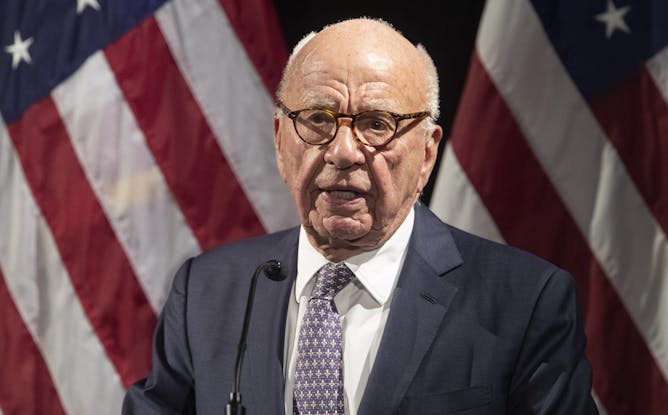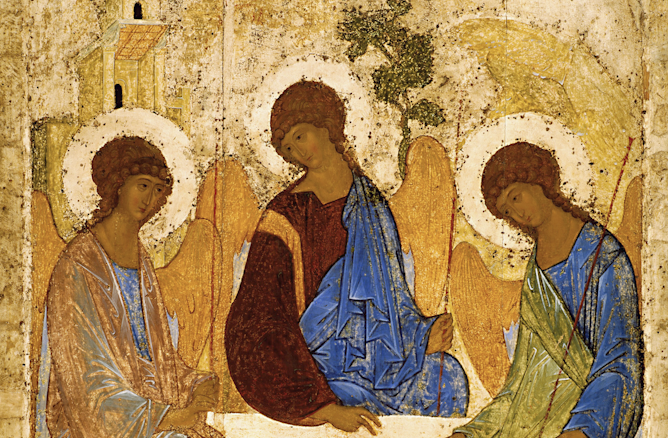|
I was fortunate enough to attend the annual staff “away-day” for members of The Conversation team based in the UK on Friday. It’s a decade since the project launched in the country and it was exciting to see many of those I worked with on that expansion into the northern hemisphere planning for what The Conversation will look like in its second decade.
Equally encouraging were the energy and ideas brought by editors who have joined The Conversation in the UK more recently. Teams in other parts of the world will also be gathering soon to consider what sort of the content can be of value to you, our readers, as we go forward.
The London meeting came at the end of a week in which we heard about a huge shift in the control of another international media organisation; one that was founded, and dominated for decades by Rupert Murdoch. For detailed coverage of the changes at Fox Corporation and News Corp, click here. Meanwhile, your thoughts on what we do are central to how we forge the future, and we very much encourage you to engage with your editorial team. That’s how The Conversation works, as an open collaboration between academic authors, editors and readers.
|

Our grocery stores are increasingly filled with ultra-processed foods, which have little to no nutritional value and a huge environmental impact.
(Nathalia Rosa)
Laila Benkrima, Simon Fraser University
Ultra-processed foods are bad for our health and our planet and must be central to any efforts to reduce our carbon emissions, and waistlines.
|

Mary Altaffer/AP
Andrew Dodd, The University of Melbourne
This is a decision that was always going to come in one of two forms: either Rupert dropping off the perch or him leaving on this own terms. He has opted for the latter.
|

Old Testament Trinity by Rublev (1420s).
Reaktion Books
Robin Milner-Gulland, University of Sussex
Rublev, active around 1400 in and near Moscow, was a monk and painter of icons, frescoes and (possibly) manuscripts in the tradition of the Orthodox Church
|
|
|
-
Ivan Savin, ESCP Business School; Lewis King, Universitat Autònoma de Barcelona
According to a survey of almost 800 climate researchers, 73% are sceptical of the idea of green growth. Instead, approaches such as agrowth and degrowth are gaining ground.
-
Dipuo Winnie Kgotleng, University of Johannesburg; Robyn Pickering, University of Cape Town
Experts insist there is no scientific reason for allowing these fossils to travel to space.
-
Christian Turney, University of Technology Sydney; Lennart Bach, University of Tasmania; Philip Boyd, University of Tasmania
Global efforts to cut emissions fall well short of what’s needed to avoid dangerous warming. It’s becoming essential to develop carbon-removal strategies to get to net zero.
-
Basil Germond, Lancaster University
Ukraine’s recent successes at sea and in Crimea create strategic opportunities in the Black Sea and, in the longer term, for the war on land.
-
Laura Downie, The University of Melbourne
They’re heavily promoted. Your optometrist may even prescribe them. But when we looked at the evidence, this is what we found.
-
Jeffrey Gillis-Davis, Arts & Sciences at Washington University in St. Louis
India’s Chandrayaan-3 rover has found sulfur on the Moon’s surface at higher concentrations than previously seen. Sulfur, a useful resource, could pave the way for future Moon bases.
-
Ben Langford, UK Centre for Ecology & Hydrology; James Ryalls, University of Reading; Robbie Girling, University of Southern Queensland
We’re making life tough for insects – and not just by swatting them away with a newspaper.
|
|